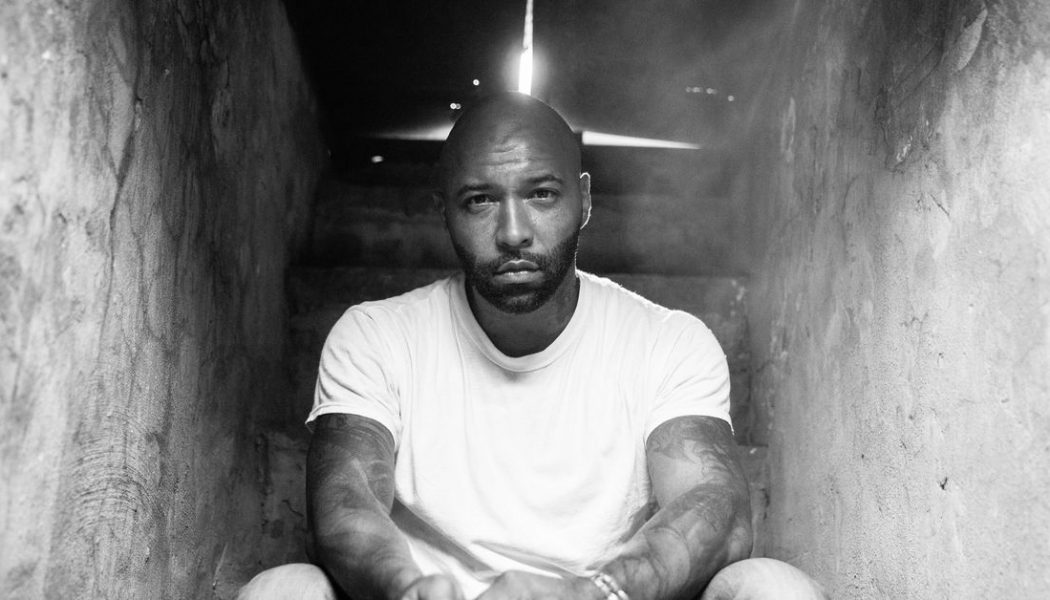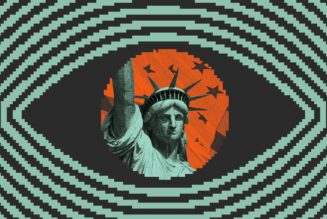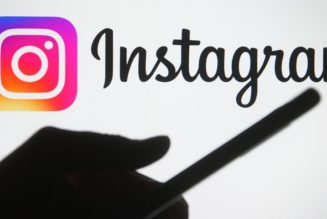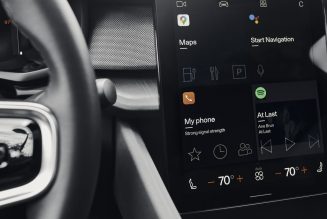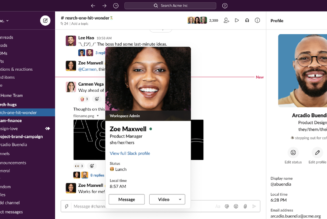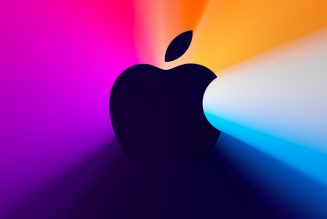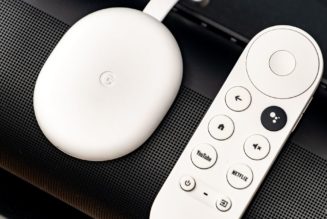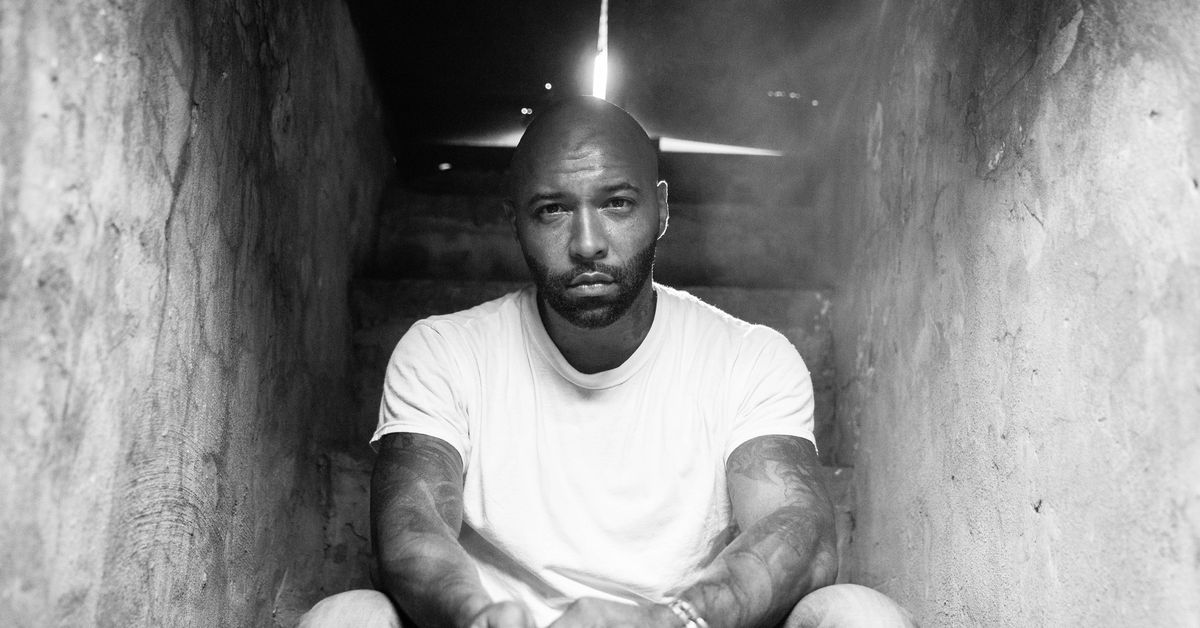
Joe Budden, one of Spotify’s biggest exclusive podcasters, is leaving the platform. He and his show will no longer be exclusive to Spotify after September 23rd, he says in his most recent episode while also seemingly suggesting it might not be available on Spotify at all.
“September 23rd, I cannot tell you where this podcast will be,” he says. “But as it stands, I can tell you where it will not be, and that is Spotify.”
He takes the announcement as an opportunity to scorch Spotify and detail his history with the company, which, in the years since he signed his deal, has become a sizable competitor in the podcast field. He claims his show exceeded Spotify’s audience reach expectations by 900 percent to the point that his listeners crashed the platform.
Still, he says he never received a bonus, and the company wouldn’t allow him and his team to take vacation days on Christmas and New Year’s Eve, because that would have required them to miss two episodes. While the company wouldn’t pay them actual bonuses, it offered to give them Rolexes instead, only to say the watches they picked out were too expensive. Then, he suggested Spotify give money away to their fans for Christmas instead. The company declined.
“That was the first time it dawned on me that Spotify is pillaging,” he says. “You pillage the audience from the podcast, and you’ve continued to pillage each step of the way without any regard for [the fans.]”
He says compared to two years ago, when he signed to Spotify, podcasters can find better deals from multiple companies, and he suggests that Spotify’s only interested in finding new popular shows rather than feeding the podcasting “ecosystem.”
“Everybody’s not looking to feed the soil, some are just looking to take the fruit,” he says.
He claims to be the guinea pig for Spotify’s podcast ambitions because he was already established and brought audience to Spotify. He proved the model of exclusives could work for the company, he says.
“Spotify never cared about this podcast individually,” he says. “Spotify only cared about our contribution to the platform.” The company wanted him to read ads, and he refused, making it one of the only shows to not be monetized on the platform.
He says he and Spotify differ on where “podcasting is taking us for the next five years.”
“I am not going to succumb to any bad deal that is not working favorably toward the people who have created that path.”
Broadly, he questions the entire podcasting system and what a podcast stream is worth, especially given that musicians and record labels have already established those terms with streaming platforms. That number, for podcasters, still isn’t standardized.
Budden isn’t the first Spotify-associated podcaster to speak up about the industry. The hosts of The Nod, which became a Spotify-owned show after the company acquired Gimlet Media, spoke out in June about their issues with show ownership. Brittany Luse and Eric Eddings say they built their show and audience but owned none of it.
“At the end of the day, investing in someone’s talent isn’t the same as having the talent yourself,” Luse told The Verge. “It’s very strange that [Spotify and Gimlet] are the only people who can claim ownership over [The Nod and its segments].”
Spotify has made headlines in the industry by signing big names, like Kim Kardashian West, Joe Rogan, and Michelle Obama, to exclusive shows. The terms of all those deals are unclear, but at least part of the strategy is for Spotify to sell ads against those shows, netting it additional revenue. (The company includes ads on podcasts, even if premium subscribers are listening.) It needs big shows to sell big ad deals.
Podcasting has clearly become a potentially massive money-maker, but some hosts want more ownership and payment. Budden doesn’t clarify if he’s entertaining other exclusive offers, and whether he thinks that’s the future of podcasting. He paved the way for the exclusive model and is seemingly abandoning it, at least for now.
